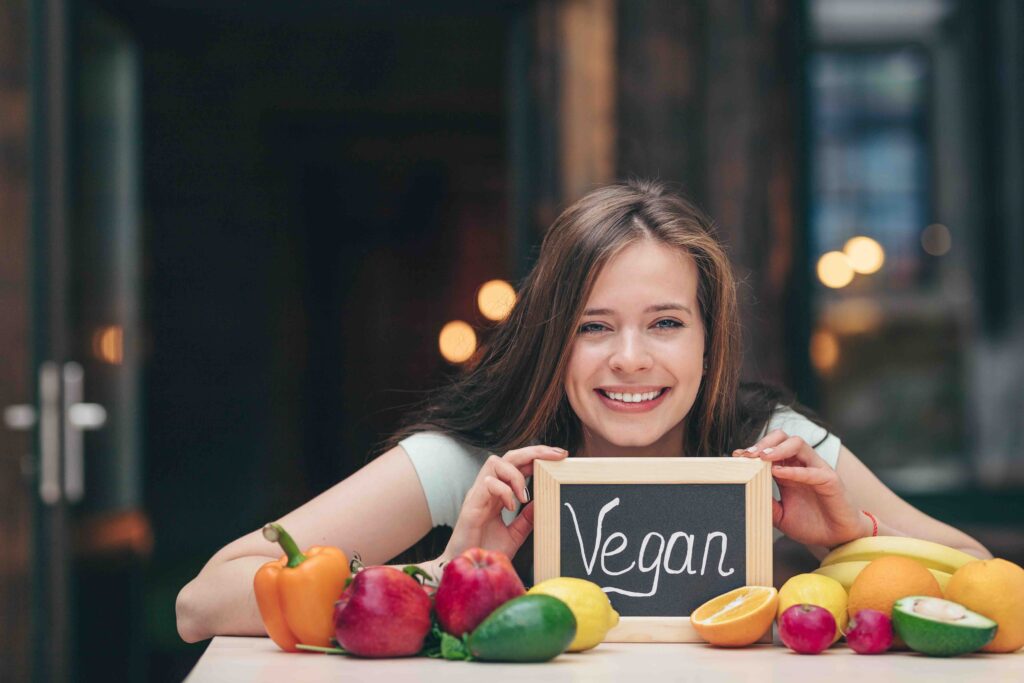Sri Lanka continues to emerge as one of Southeast Asia’s most captivating destinations for 2025, particularly for plant-based travelers seeking authentic cultural experiences. The island nation offers a beautiful blend of ancient Buddhist temples, stunning landscapes, and a cuisine that naturally accommodates vegan lifestyles. If you’re planning an extended 3-month adventure with a focus on cultural immersion while maintaining your plant-based diet, this comprehensive guide will help you navigate Sri Lanka like a local.
Getting Started in Colombo
Begin your journey in Colombo, Sri Lanka’s vibrant capital. Spending 3-4 days here allows you to adjust to the time zone and ease into the culture before venturing further. The Colombo 3 and Colombo 7 areas offer excellent accommodation options with easy access to vegan-friendly restaurants and cultural sites.
For accommodation, Booking.com and Airbnb provide numerous options ranging from budget-friendly guesthouses to luxury apartments. Look for places with kitchen facilities, which will be invaluable for preparing your own vegan meals when needed.
Transportation within Colombo is straightforward using ride-hailing apps like PickMe or Uber. These apps ensure fair pricing and eliminate the need for negotiating with tuk-tuk drivers.
Navigating Vegan Food in Sri Lanka
One of Sri Lanka’s greatest advantages for vegan travelers in 2025 is its naturally plant-based traditional cuisine. Rice and curry, the national staple, typically includes several vegetable curries cooked in coconut milk rather than dairy.
Vegan Sri Lankan Staples
- String hoppers (rice noodle pancakes) with coconut sambol
- Dhal curry (red lentil curry)
- Kotu roti (chopped flatbread with vegetables)
- Jackfruit curry (young jackfruit cooked in spices)
- Coconut roti with pol sambol (coconut flatbread)
When dining out, learning the phrase “mama vegan” (I am vegan) will be incredibly helpful. The Happy Cow app remains the best resource for finding dedicated vegan restaurants throughout the country. In 2025, major tourist areas like Colombo, Kandy, and the southern coast have seen a significant increase in plant-based dining options.
For self-catering, local markets offer an abundance of fresh tropical fruits, vegetables, rice, and legumes at very reasonable prices. This is both economical and gives you control over your meals during your extended stay.
Cultural Immersion: Must-Visit Destinations
Over three months, you can explore Sri Lanka’s rich cultural heritage at a relaxed pace. The Cultural Triangle in the center of the island houses several UNESCO World Heritage sites that shouldn’t be missed.
Ancient Cities and Temples
- Anuradhapura: Sri Lanka’s ancient capital features magnificent Buddhist stupas and the sacred Sri Maha Bodhi tree, said to be the oldest documented tree in the world.
- Polonnaruwa: The medieval capital showcases impressive stone temples and Buddha statues.
- Sigiriya: This iconic rock fortress dates back to the 5th century and offers spectacular views from its summit.
- Dambulla: Home to the largest and best-preserved cave temple complex in Sri Lanka.
For 2025, many of these historical sites now offer improved visitor centers with better information in multiple languages. Book experiences through GetYourGuide or Klook for guided tours that provide deeper cultural context.
Temple Etiquette
When visiting Buddhist temples, respect the following guidelines:
- Cover shoulders and knees (both men and women)
- Remove shoes and hats before entering temple buildings
- Never turn your back to a Buddha statue or point your feet toward it
- Speak quietly and avoid public displays of affection
Transportation Strategy for Long-Term Travel
For a 3-month stay, combining different transportation modes offers the best experience. Sri Lanka’s train journeys are world-famous, particularly the scenic route through tea country from Kandy to Ella.
Pre-book train tickets through 12go.asia for popular routes, as they can sell out weeks in advance. For 2025, Sri Lanka Railways has improved its online reservation system, but third-party booking sites still offer the most reliable experience for foreign travelers.
Local buses remain the most economical option for shorter distances, though they can be crowded. For more comfort, intercity buses can be booked through Bookaway, which offers air-conditioned services between major destinations.
In coastal areas and smaller towns, tuk-tuks remain prevalent. Use ride-hailing apps where available or negotiate prices before starting your journey.
Accommodation Strategy
For a 3-month journey, consider this approach:
- Book your first 2-3 weeks in advance through Booking.com or Airbnb.
- Stay flexible for the remaining time, adjusting your itinerary based on places you connect with.
- Negotiate monthly rates directly with guesthouses and hotels for significant discounts (often 30-50% off nightly rates).
Properties with kitchens are ideal for vegan travelers. By 2025, many accommodations throughout Sri Lanka advertise “vegan-friendly” status with features like plant-based breakfast options and kitchen facilities.
Authentic Cultural Experiences
Immerse yourself in Sri Lankan culture through hands-on experiences:
Vegan Cooking Classes
Learn to prepare traditional Sri Lankan vegan dishes through cooking classes available in most tourist areas. These typically include market visits to source ingredients and instructions on using local spices. Book through Viator or GetYourGuide for well-reviewed options.
Traditional Crafts
Participate in workshops to learn traditional Sri Lankan crafts:
- Batik textile printing in Galle
- Mask carving in Ambalangoda
- Pottery making in Kandy region
The craft revival movement has gained momentum in 2025, with more opportunities for visitors to learn from master artisans.
Health and Safety Considerations
For a 3-month stay, comprehensive travel insurance is essential. World Nomads and SafetyWing offer plans specifically designed for long-term travelers, including new 2025 policies with improved digital nomad benefits.
Stay hydrated, particularly during Sri Lanka’s hot and humid seasons. Coconut water, abundant throughout the island, provides natural electrolytes. Track weather patterns, especially monsoon seasons, using weather apps to plan outdoor activities accordingly.
Budget Management
For 2025, a comfortable 3-month stay for two people, including accommodation, food, activities, and transportation, requires approximately $1,500-2,000 USD per month.
Use financial services like Wise or Revolut for better exchange rates and easy expense tracking. While major tourist areas accept cards, always keep cash for smaller establishments, local markets, and transportation.
Look for long-term stay discounts on accommodation, which can reduce your largest expense considerably. Eating at local establishments and self-catering will also help manage costs while providing authentic culinary experiences.
Final Tips for Your Sri Lankan Adventure
- Download offline maps for areas with limited internet connectivity
- Keep a translation app handy for complex communications
- Stay flexible with your itinerary – some of Sri Lanka’s best experiences happen serendipitously
- Respect wildlife by maintaining distance and avoiding unethical animal experiences
- Engage with local communities respectfully, asking permission before taking photographs
Sri Lanka offers vegan travelers a unique opportunity to experience rich cultural heritage while maintaining their plant-based lifestyle. With proper planning and a flexible attitude, your 3-month journey will provide unforgettable experiences and a deep connection to this beautiful island nation.


